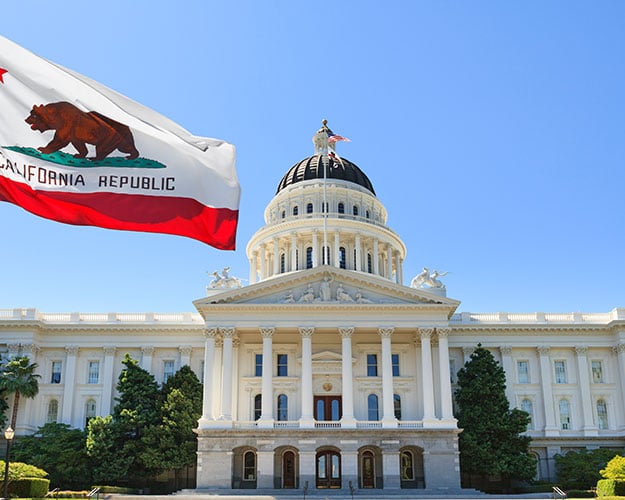On July 16, California Governor Gavin Newsom signed into law Assembly Bill 150 (the Act). Perhaps the most significant feature of the Act is the adoption of a “State and Local Tax (SALT) Cap Workaround” tax structure for pass-through entities. This provision follows a multi-state legislative trend that began with the federal $10,000 limitation on state and local tax deductions for individuals imposed by the Tax Cuts and Jobs Act. The trend greatly accelerated with the IRS’s explicit “blessing” of these legislative regimes through the issuance of Notice 2020-75 in November of 2020.
How Does the SALT Cap Workaround Work?
The Act’s SALT Cap Workaround structure permits certain entities taxed as S Corporations and partnerships to elect to have their income taxed at the entity level rather than at the individual level. By shifting the tax situs from the owner to the entity level, the federal limitation on deducting SALT taxes can be avoided.
To effectuate this result, the Act allows each eligible pass-through entity to make an annual irrevocable election to pay tax at the entity level based upon a 9.3% rate. The pass-through’s owners will receive a ratable and nonrefundable California income tax credit in the amount of tax paid by the entity on the owner’s share of income.
If the taxpayer is unable to utilize all the credit in the applicable year, it may be carried forward for five years. The new election is applicable for tax years beginning on or after January 1, 2021, requiring the election be made and tax paid on or before the deadline for filing the passthrough entity return, not including extensions.
For taxable years beginning on or after January 1, 2022, the eligible electing entity must pay the greater of the following:
(1) 50% of the elective tax paid the prior, or
(2) $1,000 by June 15 of the taxable year
Failure to pay the above amounts results in loss of eligibility to make the election.
Who Is Eligible for the Workaround?
The election is available to entities taxed for federal income tax purposes as S Corporations and partnerships with some exceptions. The election is not permitted for any entity that has a partnership as an owner, is a publicly traded partnership or is required or authorized to be included in a combined report between unitary corporate affiliates.
The Act is currently set to sunset in 2026 concurrent with the Federal SALT cap limitation sunset year. However, if the SALT cap is repealed at the Federal level any time before 2026, the new provision becomes void.
What Else Does the Act Include?
The Act also extends the Main Street Small Business Credit, which allows qualified small business employers (i.e. those with 100 or fewer employees) with statutorily defined revenue losses during the pandemic to obtain a tax credit for each net increase in qualified employees.
The credit remains at $1,000 per qualifying employee, but the maximum total credit allowed per business has been raised from $100,000 to $150,000.
The Act also establishes a new credit for qualified small businesses who hire homeless persons. The credit amount ranges from $2,500 to $10,000 per employee, depending on the employee’s number of hours worked, with a max credit of $30,000 per employer.
There’s a lot to consider when it comes to California’s SALT Cap Workaround.
We're Here to Help


